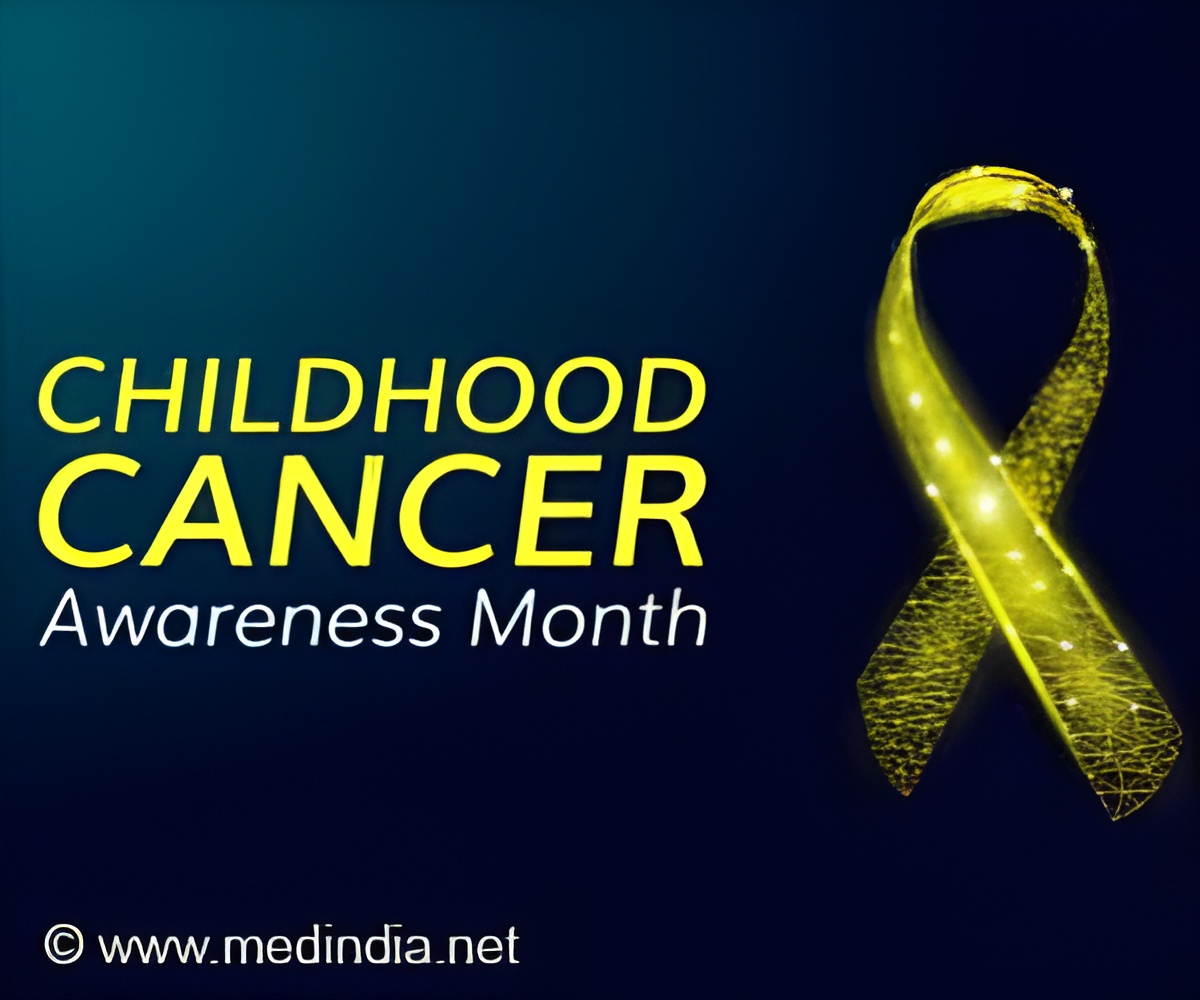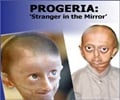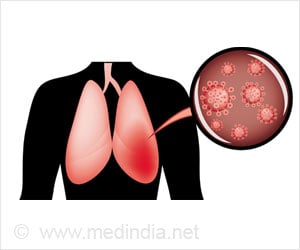Gene variants associated with accelerated aging in childhood cancer survivors discovered. The study identifies cancer survivors at higher risk of aging.

‘The research lays the groundwork for identifying pediatric cancer survivors at higher risk of accelerated aging and chronic diseases.’





Today a majority of children with cancer in the U.S. survive. However, some survivors develop diseases that typically occur in older adults. It is not totally clear why some patients are more susceptible to developing age-related conditions than others. “This is one of a series of studies my lab has undertaken to investigate aging biomarkers in childhood cancer survivors,” said corresponding author Zhaoming Wang, Ph.D., of the Departments of Epidemiology and Cancer Control and Computational Biology. “We previously evaluated non-genetic risk factors including cancer treatments, health behaviors, and chronic health conditions that contribute to age acceleration. This study focuses on the underlying genetic factors among these patients.”
St. Jude follows over 6,000 childhood cancer survivors enrolled in the St. Jude Lifetime Cohort Study (SJLIFE). As part of SJLIFE, scientists have characterized genetic variations by conducting whole-genome sequencing (WGS) of survivors’ DNA. Wang’s group analyzed the link between common genetic variants derived from the WGS data with epigenetic age acceleration (EAA) in SJLIFE participants. EAA is a measure of the difference between “biological” and chronological age for each survivor, and it strongly correlates with the development of age-related diseases.
Finding the Premature Aging Needle in a Genetic Haystack
Wang’s group found variants in two genomic regions associated with the development of accelerated aging. One variant was in the SELP gene and the other in the HLA region. These genes are both involved in age-related diseases. For example, SELP is upregulated in Alzheimer’s disease.
Advertisement
“Our work can help determine subgroups at the highest risk for accelerated aging among childhood cancer survivors,” Wang said. “The findings can also identify potential drug targets for future invention studies. For example, the protein produced by the SELP gene, p-selectin, already has an inhibitor used in other diseases.”
The study’s co-first authors are Qian Dong and Nan Song, both of St. Jude. The study’s other authors are Cheng Chen, of Shanghai Jiaotong University; Zhenghong Li, Xiaojun Sun, John Easton, Heather Mulder, Emily Plyler, Geoffrey Neale, Emily Walker, Qian Li, Xiaotu Ma, Xiang Chen, I-Chan Huang, Yutaka Yasui, Kirsten K. Ness, Jinghui Zhang, Melissa M. Hudson, and Leslie L. Robison of St. Jude. The study was funded by grants (CA021765 and CA195547) from the National Institutes of Health, the V Foundation and ALSAC, the fundraising and awareness organization of St. Jude.
Source-Eurekalert














